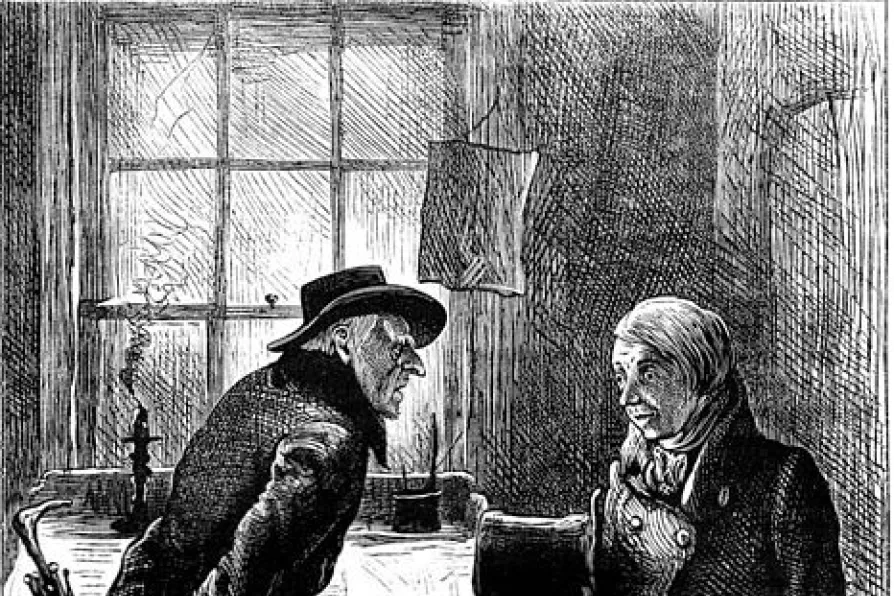As Colombia approaches presidential elections next year, the US decision to decertify the country in the war on drugs plays into the hands of its allies on the political right, writes NICK MacWILLIAM


WHILE the mainstream media chunter and engage in magical thinking about Brexit, for many in the other Britain, far away from the concerns of Westminster — except when Jeremy Corbyn occasionally forces Tory MPs to face the impact of their own policies — it is set to be a miserable Christmas.
The workhouse has long since been abolished, but rough sleeping on the streets continues to rise. Meanwhile the impact of universal credit means that even those in work find themselves having to use foodbanks to live.
This situation has arisen as a direct result of Tory and Liberal Democrat policies since 2010, and from 2015 just the Tory Party of David Cameron and Theresa May. Yet they did not think up the ideas about how to make life miserable for the poor themselves. Rather they have been implemented at times of economic crisis since the 19th century.

In 1981, towering figure for the British left Tony Benn came a whisker away from victory, laying the way for a wave of left-wing Labour Party members, MPs and activism — all traces of which are now almost entirely purged by Starmer, writes KEITH FLETT

Who you ask and how you ask matter, as does why you are asking — the history of opinion polls shows they are as much about creating opinions as they are about recording them, writes socialist historian KEITH FLETT

KEITH FLETT revisits debates about the name and structure of proposed working-class parties in the past

The summer saw the co-founders of modern communism travelling from Ramsgate to Neuenahr to Scotland in search of good weather, good health and good newspapers in the reading rooms, writes KEITH FLETT














